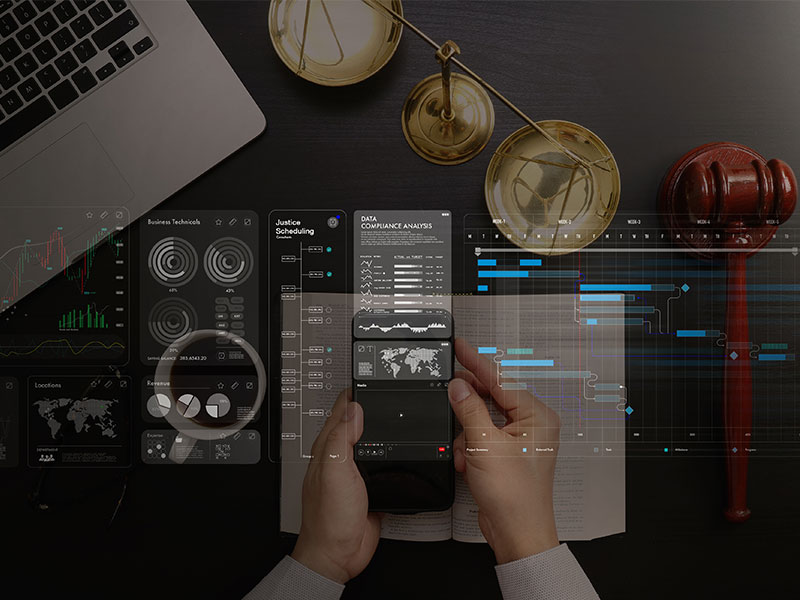The complexity and scale of large litigation cases necessitate the application of innovative and efficient methods to manage them. Among the diverse approaches adopted by legal professionals, the deployment of trial technology has been exceptionally beneficial. A trial tech – an expert in integrating technology into trial processes – can revolutionize the conduct of substantial and intricate cases. This article will elucidate five prominent advantages of hiring a trial tech for complex litigation.
1. Enhanced Case Organization and Management
Trial techs employ advanced software to systematically organize extensive case materials. Software such as CaseMap or TrialDirector allows for sorting, tagging, and cross-referencing of case files, documents, evidence, depositions, and more. This leads to a more streamlined case management process, making navigation and retrieval of materials significantly more efficient. In large cases, where thousands of documents are involved, this meticulous organization can save countless hours and reduce the likelihood of misplacing crucial information.
2. Superior Data Visualization
One of the key roles of a trial tech is to transform complex and abstract data into comprehensible, visually appealing formats. By employing graphical representations, diagrams, timelines, animations, and interactive models, they can illustrate complex legal issues and facts in a manner that is more digestible for judges, juries, and even clients. This can be pivotal in swaying the verdict, especially in cases involving intricate technical details or sophisticated data sets.
3. Real-time Trial Support
Trial techs provide essential on-site support during trials, managing the presentation of exhibits, synchronizing testimonies with transcripts, and performing real-time edits to visual aids. They can quickly pull up relevant documents, videos, or images in response to unexpected developments during the trial. This agility in the courtroom can have a substantial impact, especially when opposing counsel introduces unexpected evidence or arguments.
4. Remote Access and Collaboration
With cloud-based case management software, trial techs enable remote access to case materials. This facilitates collaboration amongst legal teams spread across different locations, and even enables access to case files in the courtroom. In the age of remote working, this capability allows legal teams to remain connected, productive, and informed, irrespective of their physical location.
5. Improved Client Relations
Finally, hiring a trial tech demonstrates a firm’s commitment to leveraging cutting-edge technology for efficient case handling. It sends a strong signal to clients about the firm’s adaptability, progressive nature, and readiness to invest in resources that ultimately benefit the client’s cause. Moreover, clients can also visualize and better understand their case through interactive presentations and visual aids provided by trial techs.
While hiring a trial tech might represent an additional cost, the investment can yield dividends in terms of efficiency, efficacy, and enhanced trial outcomes. In large and complex cases, where the stakes are high and the volume of materials to be managed can be overwhelming, the role of a trial tech becomes not just advantageous, but often indispensable.
In conclusion, as legal practices continue to evolve in the digital age, the deployment of trial techs in litigation will increasingly become a norm rather than an exception. Their contribution to organizing, visualizing, and presenting complex case materials is transforming legal proceedings, rendering trials more efficient, engaging, and comprehensible. Thus, for large and complex litigation, the value and advantages of hiring a trial tech are manifestly clear.





